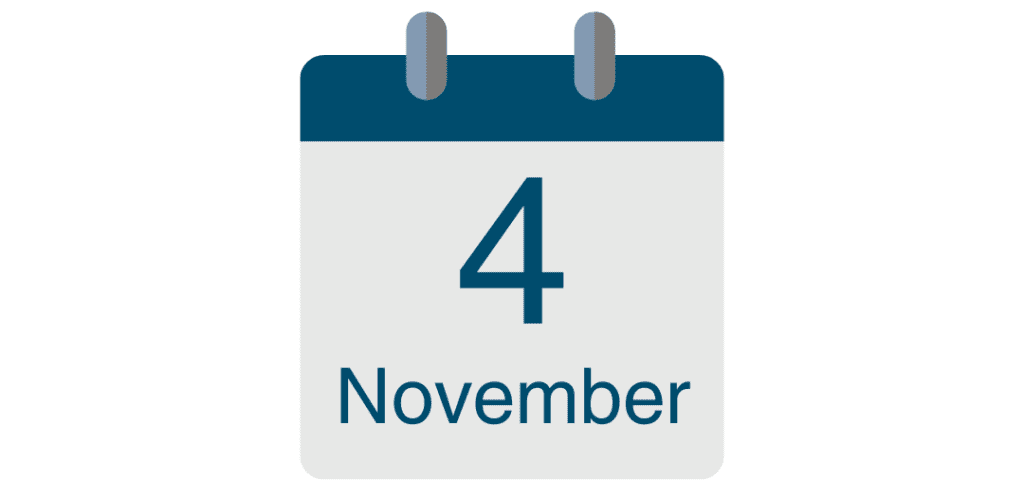2024-25 Funding Round Overview
Thanks to voter approval of the Portland Children’s Levy (PCL) renewal in 2023, we’re offering a competitive funding process in 2024-25 for large grants.
This overview webpage provides general information. Please review the other webpages linked to below for detailed information on eligibility, grant applications and more.
